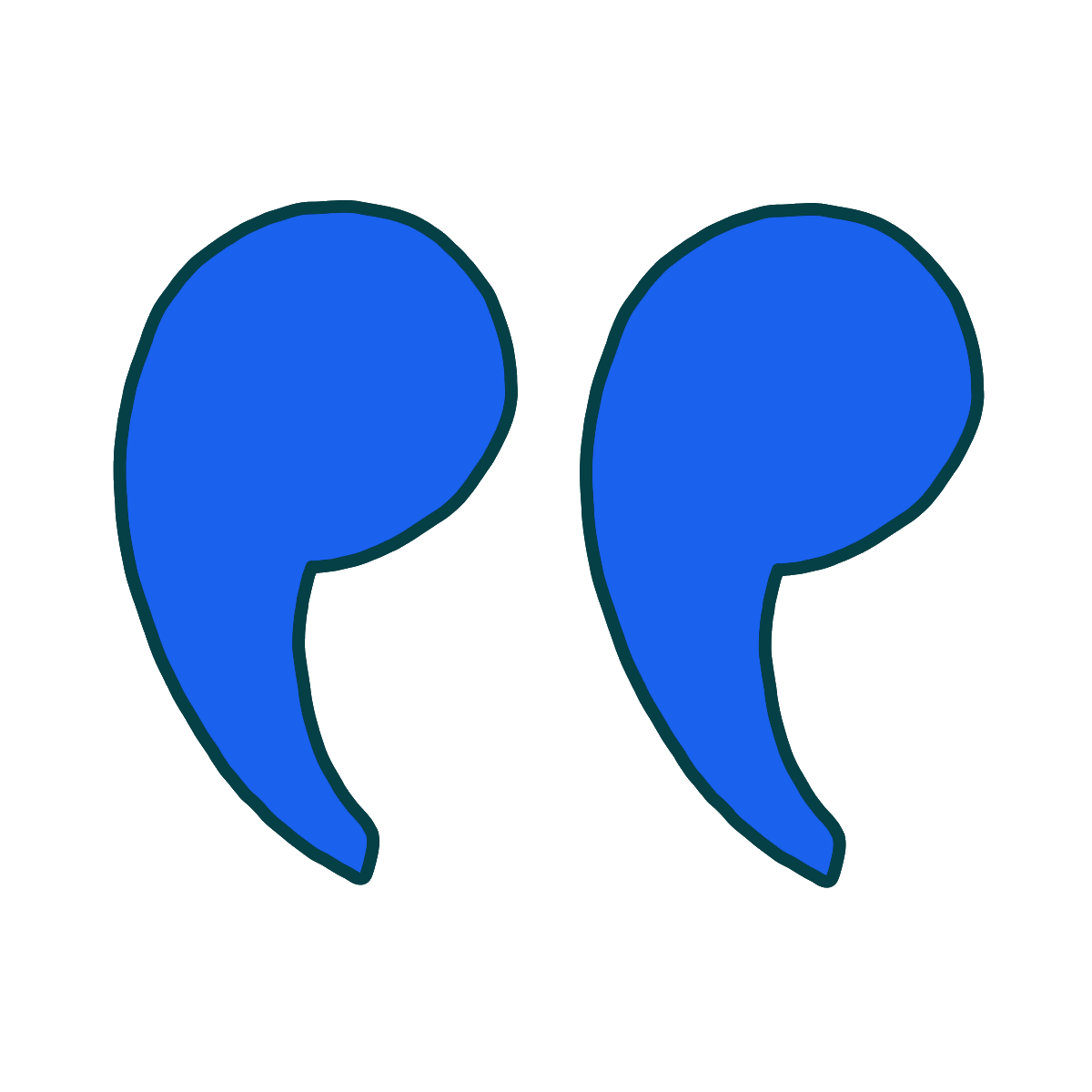Everything you need for everything you read.
Use our guides to learn or teach any of the 3056 titles and topics we cover.
Browse Our Guides
Recently added

Literature, Explained Better

A more helpful approach
Our guides use color and the interactivity of the web to make it easier to learn and teach literature.

Every title you need
Far beyond just the classics, LitCharts covers over 2000 texts read and studied worldwide, from Judy Blume to Nietzsche.

For every reader
Our approach makes literature accessible to everyone, from students at every level to teachers and book club readers.
More than
50 million
students, teachers,
parents, and readers use LitCharts.
parents, and readers use LitCharts.
1912
Literature guides
967
Poetry guides
136
Terms & devices guides
All 41
Shakespeare translations
Get LitCharts

Join over 150,000 LitCharts readers who have upgraded
and get unlimited access to all content including:

















